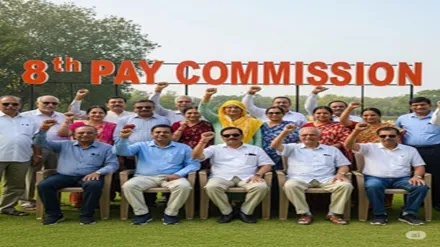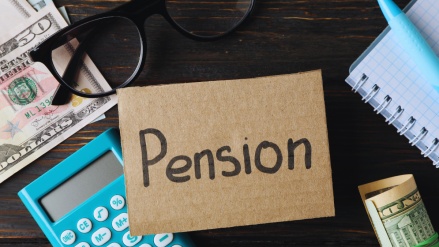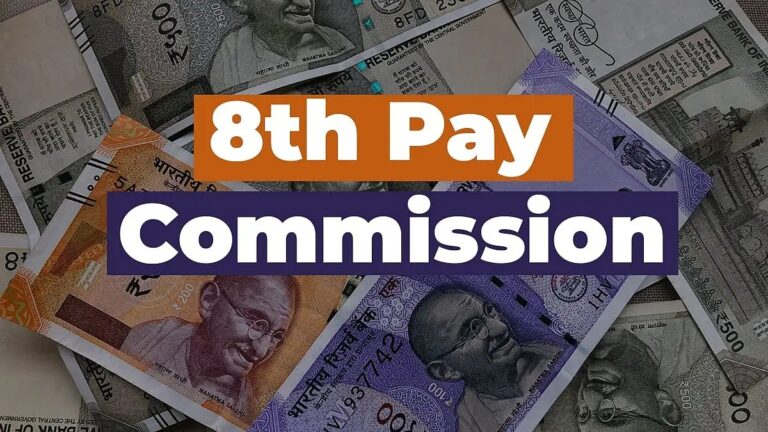
Central Government Employees Await 8th Pay Commission Reforms
The Indian government is currently in the early stages of finalizing the 8th Pay Commission’s Terms of Reference (ToR), which will determine salary revisions and allowance adjustments for over 1 crore central government employees and pensioners. While the commission was announced in January 2025, key appointments and ToR details remain pending. The focus has shifted to potential changes in allowances, particularly for pensioners, as the government prepares for comprehensive reforms. Recent discussions at the 34th SCOVA (Standing Committee of Voluntary Agencies) meeting in March 2025 highlighted plans to restructure not only salaries but also critical allowances like House Rent Allowance (HRA), Dearness Allowance (DA), and Medical Allowance. These adjustments aim to align benefits with current economic realities and rising living costs.
Medical Allowance Increase for Pensioners: A Major Shift
A significant development in the reform process is the proposed increase in Fixed Medical Allowance (FMA) for pensioners. The 34th SCOVA meeting approved raising the monthly FMA from Rs 1,000 to Rs 3,000, addressing long-standing concerns about the inadequacy of the current rate. Pensioners have consistently argued that the existing amount fails to cover rising medical expenses and inflation. The proposed hike, set to take effect from January 1, 2026, is expected to be included in the 8th Pay Commission’s ToR, ensuring its implementation. This change is seen as a critical step toward improving the quality of life for retired government employees, who often face financial strain due to healthcare costs.
Fitment Factor and Salary Revisions: Potential Impact
Another key aspect under review is the fitment factor, which determines the salary increase for government employees. Reports suggest the government is considering raising the factor from 2.8 to 3.0 times, which could elevate the minimum wage from Rs 18,000 to Rs 26,000–27,000. This adjustment would also significantly boost pension amounts, potentially increasing them from Rs 9,000 to around Rs 25,000. However, these changes remain unofficial and require formal approval. The proposed revisions aim to address wage stagnation and ensure better financial security for central government employees, though delays in implementation are anticipated due to the lengthy process of commission reviews.
Allowance Restructuring and Policy Reforms
Beyond medical and salary adjustments, the 8th Pay Commission is reportedly planning major changes to other allowances. These include revising HRA rates, particularly in metro cities, and adjusting Travel Allowance (TA) calculations for employees in rural and semi-urban areas. There are also discussions about abolishing obsolete allowances to streamline the system and improve transparency. Additionally, merging Dearness Allowance (DA) into basic pay is under consideration, which would limit future DA rate increases but maintain overall salary stability. These reforms aim to create a more equitable and sustainable compensation structure for government employees, though their exact implementation timeline remains uncertain.
Delays and Uncertainties in Implementation
Despite the progress in discussions, the official announcement of the 8th Pay Commission’s members and ToR has not yet been made. Industry experts note that the process typically takes 18–24 months from commission formation to implementation, suggesting the proposed changes may not take effect as early as January 2026. This delay could impact the timeline for salary hikes and allowance adjustments. While the government is working to finalize the reforms, the focus remains on ensuring that the new structure is both realistic and beneficial for employees. All eyes are now on the upcoming official announcements, which will determine the final details of the 8th Pay Commission’s recommendations.



